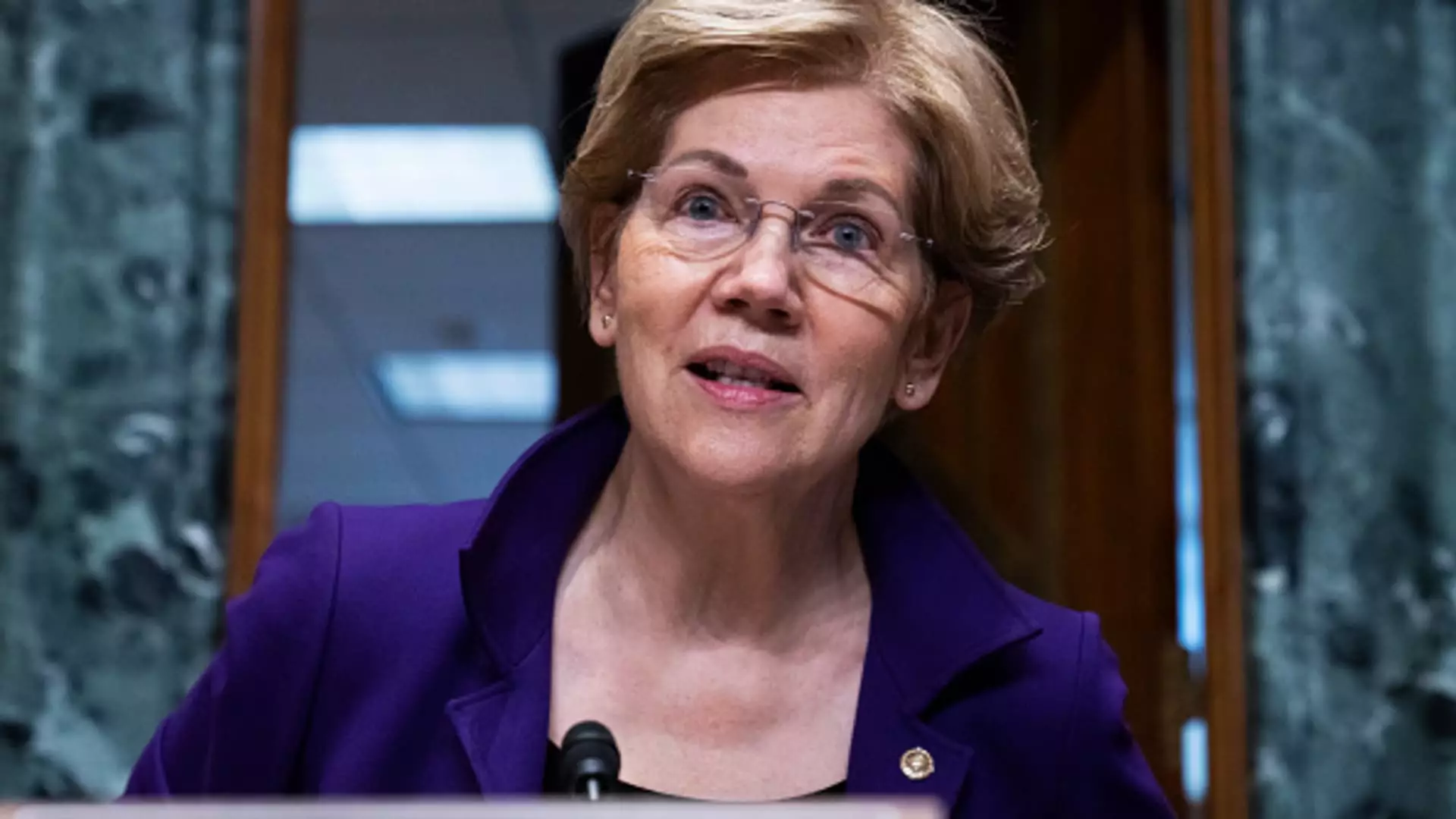The shift of student loan accounts from NelNet to Mohela in 2023 has revealed a shocking lack of oversight, resulting in significant inaccuracies in consumer credit reporting. As highlighted by concerned lawmakers, the transition has exposed serious flaws that have significantly harmed nearly two million borrowers, leading to credit reporting errors that may take years to fix. This alarming revelation has raised questions about the efficiency and accountability of agencies tasked with monitoring financial services.
Prominent figures in the Senate, including Senators Elizabeth Warren and Ron Wyden, have taken proactive measures to address these issues by directing inquiries to the Consumer Financial Protection Bureau (CFPB) and the U.S. Department of Education. Their letter sheds light on the chaotic circumstances surrounding the transfer and stresses the dire need for an investigation into the erroneous credit reporting practices. They have insisted on utilizing supervisory powers to ensure that accountability measures are enforced upon the involved parties. The necessity for immediate action cannot be overstated, as the repercussions of these mistakes affect borrowers’ financial prospects severely.
According to the engrossing data, the transfer resulted in the creation of millions of duplicative records on borrowers’ credit reports. This redundancy has not only skewed the accuracy of individuals’ financial histories but has also degraded their credit scores significantly. The findings suggested that well over 100,000 borrowers had their credit scores misrepresented, which in numerous cases saw drops exceeding 20 points. Such reductions can lead to unrealistic interest rates on loans or, worse yet, outright denials of credit applications, adversely impacting essential financial opportunities like home mortgages or vehicle loans.
The root of these problems appears linked to Mohela’s failure to effectively communicate necessary account details to the credit reporting agencies. This failure indicates a severe gap in operational protocols between the loan servicers and reporting entities. Notably, borrowers found themselves in a maze of confusion, struggling against the bureaucratic indifference marked by thousands of disputes and requests for clarification of their credit reports. The ineffectiveness of the loan servicers in rectifying these issues highlights systemic flaws that require urgent remediation.
To remedy these haunting discrepancies in credit reporting, a concerted effort involving all stakeholders is needed. Lawmakers have urged both the CFPB and the Department of Education to implement stronger oversight frameworks that can catch these mistakes before they escalate. This necessity for reform extends beyond immediate fixes; it demands a reevaluation of the processes surrounding student loan servicer transitions. By establishing clearer communication channels, regular audits, and robust accountability measures, it is possible to restore faith in the system and safeguard borrowers from similar situations in the future.
The aftermath of the NelNet to Mohela transition serves as a cautionary tale, underscoring the urgency for improved practices in student loan servicing and credit reporting. If these issues are left unaddressed, millions of borrowers may continue to face daunting financial hurdles, making it clear that systemic change is not just necessary but imperative for protecting consumer rights in the credit landscape. The upcoming investigations will hopefully lead to reforms that strengthen accountability and ensure that all borrowers’ interests are prioritized in the future.

